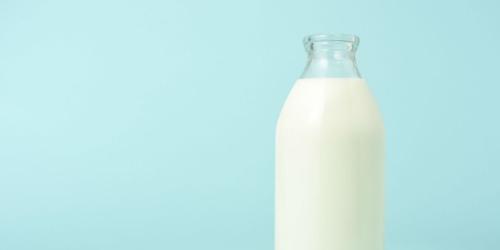Shared opinions on coffee
The right dose
What kind of preparation?
Deca is good?
Caffeine in pharmacy
Calculate your daily caffeine level!
Caffeine
Caffeine is the most consumed active substance in the world (it is found in coffee, tea, chocolate ...). The French drink at least 3 cups of coffee a day , and each household buys 7 kg a year. Why ? Because of its taste or its "whiplash" effect? One thing is certain: caffeine, in any form whatsoever, blocks the action of a molecule (adenosine), which has the effect of increasing, within 15 minutes, the heart rate and cause vasoconstriction of the vessels . On the other hand, it increases intestinal secretions and dilates the bronchi . From the point of view of health, it has advantages and also some disadvantages.
Shared opinions on coffee
Pluses: Caffeine improves digestion and reduces the risk of gallstones. It protects against certain ovarian cancers (50% less risk for every 4 cups a day) and protects the liver: drinking 2 cups a day reduces the risk of cirrhosis by 40% . The higher the caffeine consumption (7 cups per day), the lower the risk of Parkinson's disease . But, at such doses, caffeine can make you anxious. Ditto for diabetes : there is 79% less risk for large consumers (10 cups or more per day). But it is not advisable to drink as much! Fortunately, the protective effect begins as early as 3 cups daily.
The least: it takes about 5 hours to eliminate half of the caffeine contained in a cup of coffee . In addition, certain medications (birth control pills, decongestants for the nose, antibiotics) can slow down its elimination. This slow assimilation explains why some people, especially those who have trouble falling asleep, must avoid drinking after 5 pm, even if the body can get used to it. Finally, the risk of osteoporosis is increased in postmenopausal women. Although it is hazardous to talk about real "dependence" on caffeine, drowsiness, tiredness, irritability, and even headaches often occur in regular users who stop dead.
The right dose
In general, the dose not to exceed, to be sure not to suffer the adverse effects of caffeine, is 400 mg for a healthy adult (about 4-5 cups). Caffeine, however, would be a poor poison: it is considered fatal (because likely to cause tachycardia) than doses greater than 5 g, more than 30 cups of Robusta after!
What kind of preparation?
The longer a coffee is in contact with water, the more caffeine it contains. Thus, contrary to what is believed, the caffeine content of a cup can thus double for a "American" or elongated coffee . On the other hand, boiled coffee, prepared with a manual pressure coffee machine, or "Turkish" coffee contains substances that increase the level of bad cholesterol in the blood, while the use of a filter allows eliminate these unwanted.
Deca is good?
Decaffeinated is a green coffee from which caffeine was extracted before roasting to preserve its aromas. However, it still contains traces: up to 0.1% if it is in grains and 0.3% if it is soluble. Compared with Arabica , which produces a medium coffee with a medium caffeine content (about 1%), it makes a big difference: it takes about 10 "decas" to consume the equivalent of a cup of arabica. This leaves room for fans of "deca" or people with high blood pressure , heart rhythm disorder or angina , who like the taste of coffee.
Caffeine in pharmacy
Caffeine is found in about 20 medicines and food supplements: anti- migraine (100 mg in a tablet of Gynergene Caffeine®), analgesics (50 mg per tablet of Claradol Caffeine®, 62.5 mg per capsule of Migralgine®), stimulants (50 mg per Guronsan® tablet), anti-seasickness (10 mg per Mercalm® tablet), vasodilators (40 mg caffeine per Vasobral® tablet).
To read
"Tea or coffee", by Dr. Charles Morel , Health Answers collection, Les Asclépiades edition (€ 12.80).
Calculate your daily caffeine level!
100 ml of filter coffee: about 80 mg for an arabica, 160 mg for a robusta.
100 ml of espresso coffee: about 55 mg for an arabica, 110 mg for a robusta.
100 ml of instant soluble coffee: about 45 mg.
100 ml of "deca": up to 4.8 mg.
100 ml of tea: up to 45 mg.
100 ml of milk chocolate: up to 10 mg.
100 ml of a cola drink: up to 12 mg.
1 cup Häagen-Dazs coffee ice cream: 58 mg.
A chocolate or coffee yoghurt of 130 g: 1 to 4 mg.


